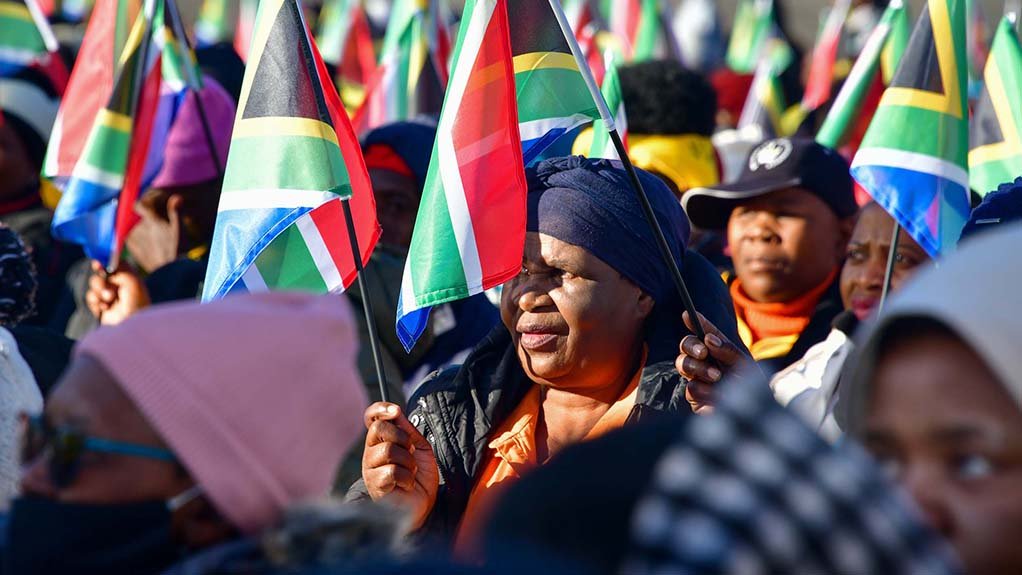As South Africa assumed the presidency of the Group of 20 (G20) and its private sector engagement group Business 20 (B20), industry body AgriSA says this leadership position presents an opportunity for South African agriculturalists to shape critical business dialogues.
The G20 comprises 19 countries and two bodies – the African Union and European Union. South Africa’s presidency of the G20 started on December 1, for 2025, marking the first time an African economy leads the G20.
South African agriculture trade with the G20 market totalled R134-billion in 2023, comprising 55% of South Africa’s total agriculture exports.
AgriSA CEO Johann Kotzé says climate adaptation, net-zero transition plans and the embedding of sustainability requirements into trade conditions should be central to the discussions of the G20 and B20.
He believes South African farmers are already committed to farming in a nature-positive manner and have an intuitive awareness of climate adaptation and environmental impact.
“In many value chains, there are various standards that cover various sustainability factors that we should use as mechanisms to further bolster our efforts and demonstrate our existing progress to further greening agriculture,” Kotzé adds.
By no means is South Africa perfect in its efforts; therefore, it is critical that the country remains mindful of how transition plans affect the sustainability of the African food system as well as the future of food in the G20 markets, AgriSA continues, urging that agriculture needs stronger market access.
The organisation says exports play a significant role in the sustainability of the food system and create much-needed jobs in rural communities.
Kotzé deems it necessary that various non-tariff issues that often impact exports are also addressed, including cold treatment and packaging requirements. In the case of livestock, acknowledging the role that certain treatment and compartment protocols fulfil in managing animal health challenges is critical, he adds.
Lastly, AgriSA says the G20 and B20 platforms should be used to enhance investment confidence in the broader South African economy and spread awareness about the role that South African agriculture can play in regional food security.
“We have an opportunity to build a pipeline of impactful investments and opportunities that can contribute to the growth of the African continent.
“As South Africa prepares to set forth its agenda, AgriSA calls for collaborative efforts among stakeholders to develop actionable priorities that align with the broader G20 objectives,” Kotzé concludes.
EMAIL THIS ARTICLE SAVE THIS ARTICLE ARTICLE ENQUIRY FEEDBACK
To subscribe email subscriptions@creamermedia.co.za or click here
To advertise email advertising@creamermedia.co.za or click here











